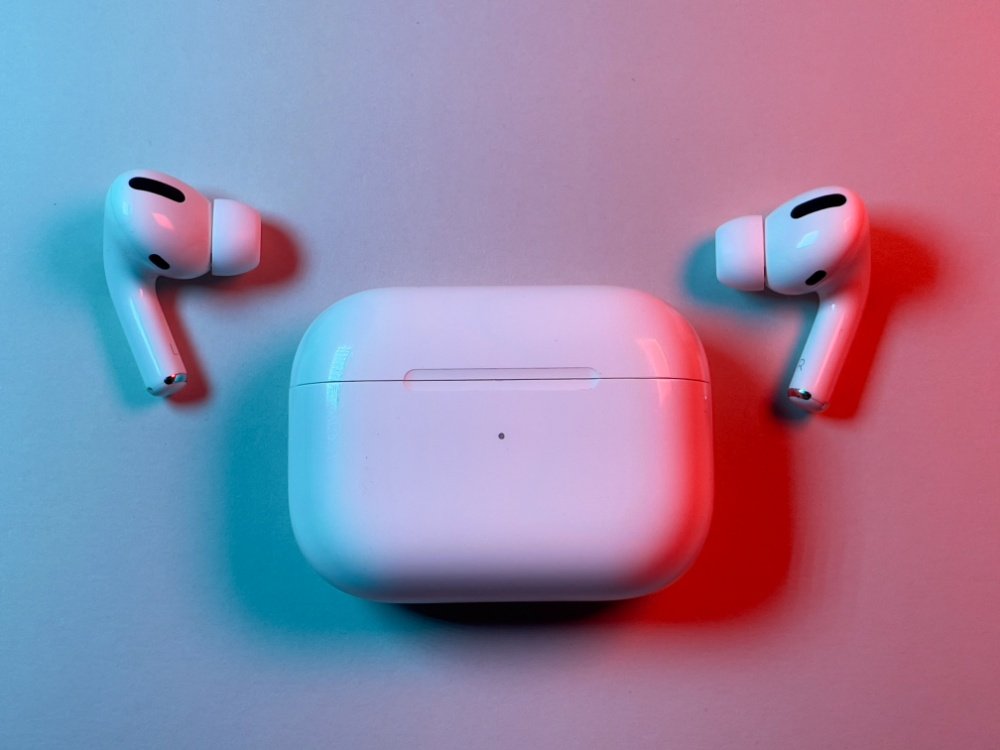Using wireless earphones as inexpensive hearing aids is a concept that has gained attention in recent years. While wireless earphones are not designed specifically for hearing assistance, they can provide some benefits to individuals with mild to moderate hearing loss. Here’s how they can potentially serve as inexpensive hearing aids:
- Amplification: Wireless earphones can amplify sound, which can help individuals with mild hearing loss hear more clearly. Many wireless earphones have built-in volume control or equalizer settings that allow users to adjust the sound to their preferred levels.
- Personal Sound Amplification Products (PSAPs): Some wireless earphones, particularly those with advanced features, can function similarly to PSAPs. PSAPs are devices that amplify sound for individuals with hearing difficulties. Wireless earphones with noise-cancellation, ambient sound control, and customizable sound profiles can enhance speech clarity and reduce background noise.
- Smartphone Apps: Many wireless earphones can be paired with smartphone apps that offer additional hearing assistance features. These apps may provide equalizer settings, sound amplification, and even speech enhancement algorithms to improve the listening experience for individuals with hearing loss.
- Accessibility Features: Some wireless earphones offer accessibility features specifically designed for individuals with hearing loss. These features may include mono audio mode, which combines audio channels into one earpiece for better hearing, and real-time captioning or transcription services for phone calls or media playback.
However, it’s important to note that wireless earphones have limitations compared to dedicated hearing aids. Dedicated hearing aids are specifically designed to address a wide range of hearing loss, with advanced signal processing and customization options. Hearing aids are typically fitted and programmed by professionals to meet the unique needs of each individual.
If you have concerns about your hearing, it is recommended to consult with a licensed audiologist or hearing healthcare professional. They can perform a comprehensive hearing assessment and provide guidance on the most suitable hearing assistance options, which may include dedicated hearing aids or other specialized devices.


















